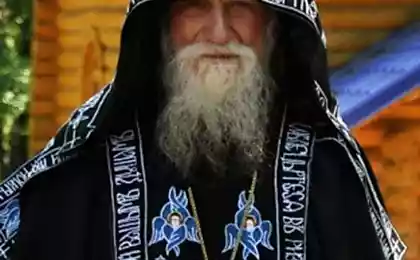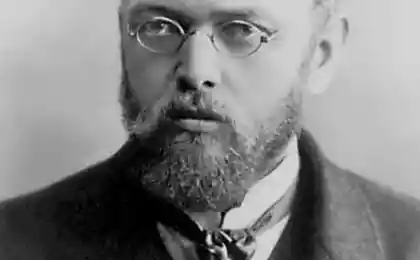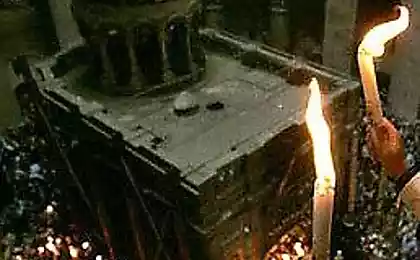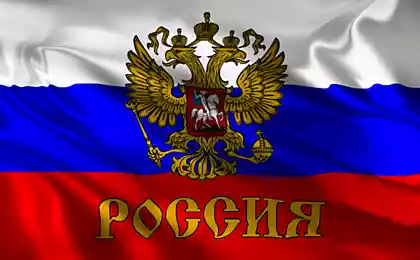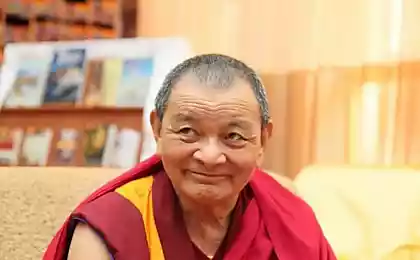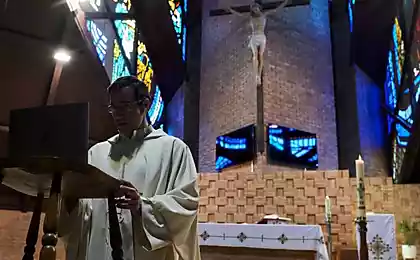168
Predictions of Archbishop Feofan Poltava that are being implemented
Archbishop Feofan Poltava, in the world Vasily Dmitrievich Bystrov, is the spiritual father of the Royal Family. Feofan Poltava was called the new recluse. The name Theophan Basil chose himself in honor of Saint Theophan the Recluse, who died 4 years before the tonsure of Vasily Bystrov. Today we will talk about the life of Theophanes the Recluse and his russiawhich are beginning to come true.
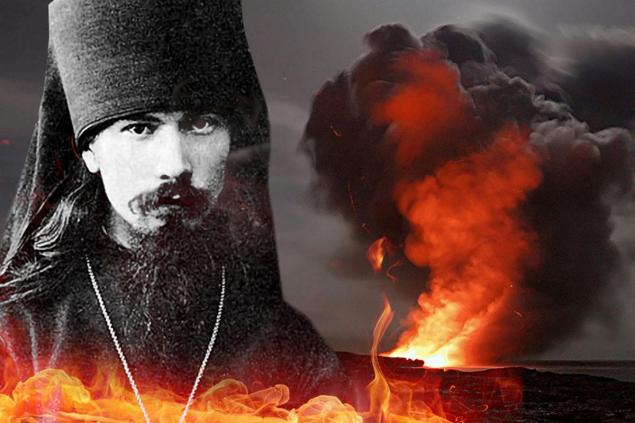
The life of Theophanes the Recluse Theophan Poltava was accepted into the school at the Alexander Nevsky Lavra at an early age, as his parents lived poor. After that, the Holy Father graduated from the Theological Seminary in St. Petersburg. Vasily Dmitrievich began to teach history at the Academy, where he instructed students and studied science for 20 years, from 1891 to 1910. Already at that time, colleagues noted that Vasily leads an ascetic lifestyle.
Vasily Bystrov often went to pray in the monastery of the Trinity-Sergius Lavra, where he met with the elders Barnabas and Isidore. And three years later, Vasily took tonsure with the name Theophan. In 1910, by decree of Tsar Theophan was transferred to the Crimea, as the northern climate worsened the health of the saint. In 1912 the saint became Bishop of Astrakhan.
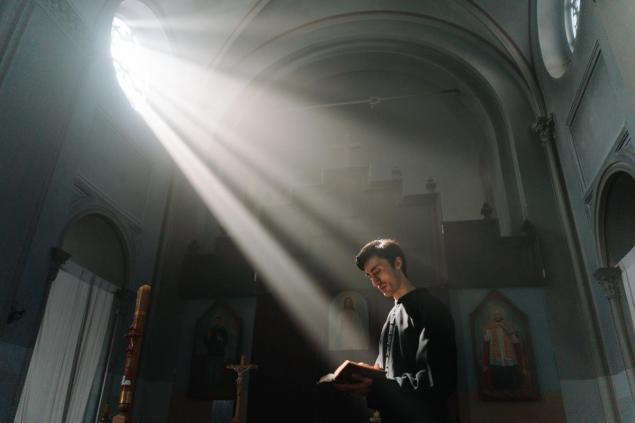
In 1913, Feofan returned to Poltava, where he became Archbishop of Poltava and Pereyaslav. He served there until 1919. When the archbishop came to Poltava, he was upset because the Cathedral was empty. Archbishop Theophan began to pray that the Almighty would arouse spiritual zeal in his new flock. The temple gradually began to fill with prayers every day.
The faithful listened with reverence to the prophetic sermons of Theophanes the Saint, which he voiced not on his own behalf, but on behalf of those who foreshadowed the future of Russia in the world. Theophanes paid special attention to the church choir. He gathered 30 boys and 20 adults who learned to sing properly. The children lived at the bishop’s house, they also passed the program of general sciences of secondary school and were fully provided for the diocese. Then children's voices Poltava was considered the best in Russia.
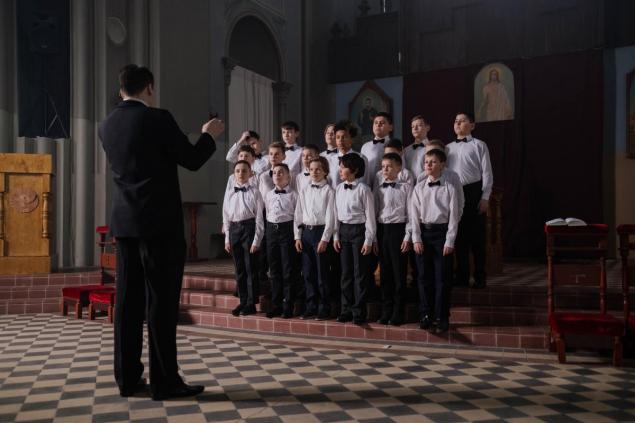
A day in the life of Theophan Poltava Theophan Poltava was kind and condescending with the parishioners, but on the altar he turned into a strict and severe priest who aweed the flock. One day a man went up to the altar outside the queue to receive communion. This man and all those present in the temple for life remembered the terrible whisper of the Lord, who escorted the arrogant man out of the church.
Theophanes got up in the afternoon and prayed. At the ringing of church bells, the holy father went to the church, where the hieromonk performed the morning service and the Divine Liturgy. Theophanes then drank coffee and headed to his office, where diocesan affairs awaited him. He loved to read the Holy Fathers. At noon, the Holy Father ate very little – 1 time a day.
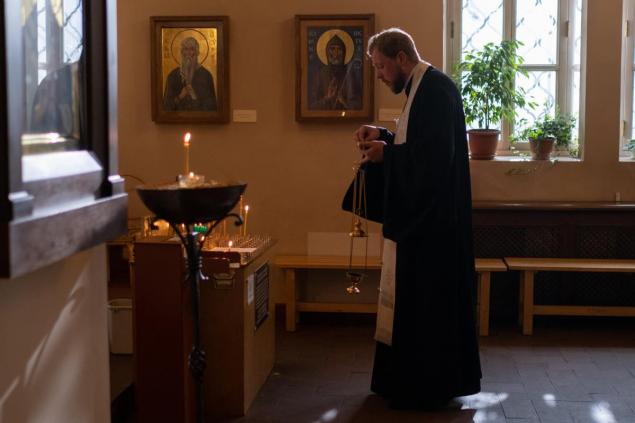
Sometimes, when the weather allowed, the priest would go for a walk in the garden, then head to the office. With the ringing of the evening bells, Theophanes went to church. After the Vespers, Saint Theophan received visitors. There were so many people who wanted to talk to Theophanes that the holy father was very tired by the evening, but he did not refuse a kind word to anyone.
Theophanes slept on an iron bed with boards instead of a mattress, Vladyka’s room had many icons, before which Theophan Poltava prayed for a long time and often. When Theophan was exhausted by admission to the parishioners, he retired to the Transfiguration Monastery for several days. Then he went back to the flock.
In 1914, when Russia entered the war with Germany, Saint Theophan readily converted his house into a military hospital. The priest himself moved to the seminary. The archbishop survived the attacks of the Chekists and Petliurists. The archbishop moved to France, Bulgaria, trying to hide from the persecutors. Finally, he moved to the estate of Poltava landowner Maria Vasilievna in 1939. The estate had 3 caves, one of which served Theophanes the Recluse as a church, and the second as a home. He stayed there for the rest of his life. In the cave-cell Theophanes departed to the Lord on February 19, 1940.
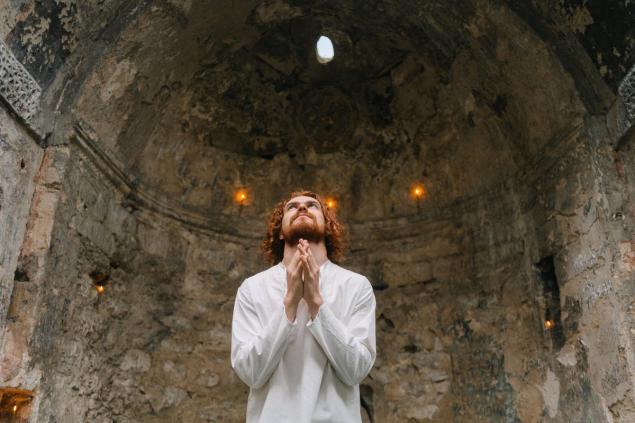
In his sermons Theophan Poltava often mentioned the prophecies of the elders who could see the future. At the service, the Holy Father summed up all the predictions and shared them with the flock in 1930: “The coming of the Antichrist is very close.” The time that separates it should be considered, at least, decades. But before the coming of the Antichrist, Russia will be restored for a short time.
In Russia there will be a king chosen by the Lord. This man will be of fiery faith, iron will and great mind. The coming of this man is approaching, unless through our sins the Lord changes what he has promised. Theophanes of Poltava fiercely criticized the ingratitude and impatience of the Russian people. He said, "Oh, Russia!" What a terrible sin she has committed before the goodness of God. God gave Russia what he did not give to any people on earth. The people, as Theophan said, denied the Lord, because God gave them up to the devils.
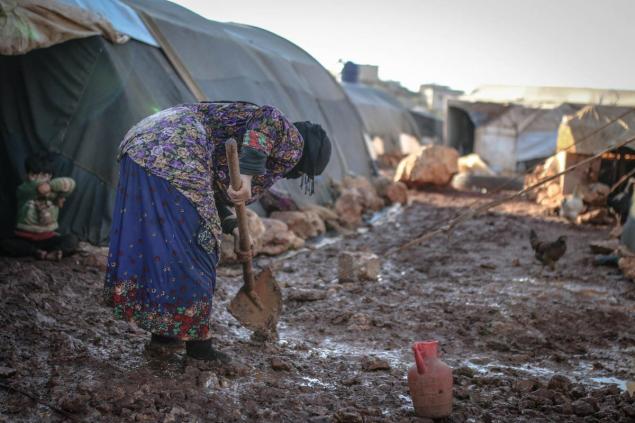
What was and is happening in Russia: blasphemy, belligerent godlessness – all this comes from demonic possession. People can be healed by prayer and faith. Then Russia will rise and the people will revive the Orthodox monarchy. God Himself will put the King on the throne. He will be an outstanding man with a pure soul, he will revive Siberia. But soon everything that the Apostle John said in the Apocalypse will happen.
The last known prophecy of Theophanes is terrifying, his words a couple of weeks ago would have seemed nonsense to everyone. But now they have become a reality: In the last times there will be a monarchy in Russia. All over the world, this will provoke a hostile reaction, and enemies will crawl on Russia like locusts. There will be a war when the whole world will arm itself against Russia.”

At all times, the clergy urged people to live according to conscience, pray and do not wish harm to anyone. Those close to God always know a little more than ordinary people. Sinners must know God’s punishment and repent of their sins. Only in this way will the wars taking place in different parts of the world stop. Everyone will be rewarded according to his deeds.

The life of Theophanes the Recluse Theophan Poltava was accepted into the school at the Alexander Nevsky Lavra at an early age, as his parents lived poor. After that, the Holy Father graduated from the Theological Seminary in St. Petersburg. Vasily Dmitrievich began to teach history at the Academy, where he instructed students and studied science for 20 years, from 1891 to 1910. Already at that time, colleagues noted that Vasily leads an ascetic lifestyle.
Vasily Bystrov often went to pray in the monastery of the Trinity-Sergius Lavra, where he met with the elders Barnabas and Isidore. And three years later, Vasily took tonsure with the name Theophan. In 1910, by decree of Tsar Theophan was transferred to the Crimea, as the northern climate worsened the health of the saint. In 1912 the saint became Bishop of Astrakhan.

In 1913, Feofan returned to Poltava, where he became Archbishop of Poltava and Pereyaslav. He served there until 1919. When the archbishop came to Poltava, he was upset because the Cathedral was empty. Archbishop Theophan began to pray that the Almighty would arouse spiritual zeal in his new flock. The temple gradually began to fill with prayers every day.
The faithful listened with reverence to the prophetic sermons of Theophanes the Saint, which he voiced not on his own behalf, but on behalf of those who foreshadowed the future of Russia in the world. Theophanes paid special attention to the church choir. He gathered 30 boys and 20 adults who learned to sing properly. The children lived at the bishop’s house, they also passed the program of general sciences of secondary school and were fully provided for the diocese. Then children's voices Poltava was considered the best in Russia.

A day in the life of Theophan Poltava Theophan Poltava was kind and condescending with the parishioners, but on the altar he turned into a strict and severe priest who aweed the flock. One day a man went up to the altar outside the queue to receive communion. This man and all those present in the temple for life remembered the terrible whisper of the Lord, who escorted the arrogant man out of the church.
Theophanes got up in the afternoon and prayed. At the ringing of church bells, the holy father went to the church, where the hieromonk performed the morning service and the Divine Liturgy. Theophanes then drank coffee and headed to his office, where diocesan affairs awaited him. He loved to read the Holy Fathers. At noon, the Holy Father ate very little – 1 time a day.

Sometimes, when the weather allowed, the priest would go for a walk in the garden, then head to the office. With the ringing of the evening bells, Theophanes went to church. After the Vespers, Saint Theophan received visitors. There were so many people who wanted to talk to Theophanes that the holy father was very tired by the evening, but he did not refuse a kind word to anyone.
Theophanes slept on an iron bed with boards instead of a mattress, Vladyka’s room had many icons, before which Theophan Poltava prayed for a long time and often. When Theophan was exhausted by admission to the parishioners, he retired to the Transfiguration Monastery for several days. Then he went back to the flock.
In 1914, when Russia entered the war with Germany, Saint Theophan readily converted his house into a military hospital. The priest himself moved to the seminary. The archbishop survived the attacks of the Chekists and Petliurists. The archbishop moved to France, Bulgaria, trying to hide from the persecutors. Finally, he moved to the estate of Poltava landowner Maria Vasilievna in 1939. The estate had 3 caves, one of which served Theophanes the Recluse as a church, and the second as a home. He stayed there for the rest of his life. In the cave-cell Theophanes departed to the Lord on February 19, 1940.

In his sermons Theophan Poltava often mentioned the prophecies of the elders who could see the future. At the service, the Holy Father summed up all the predictions and shared them with the flock in 1930: “The coming of the Antichrist is very close.” The time that separates it should be considered, at least, decades. But before the coming of the Antichrist, Russia will be restored for a short time.
In Russia there will be a king chosen by the Lord. This man will be of fiery faith, iron will and great mind. The coming of this man is approaching, unless through our sins the Lord changes what he has promised. Theophanes of Poltava fiercely criticized the ingratitude and impatience of the Russian people. He said, "Oh, Russia!" What a terrible sin she has committed before the goodness of God. God gave Russia what he did not give to any people on earth. The people, as Theophan said, denied the Lord, because God gave them up to the devils.

What was and is happening in Russia: blasphemy, belligerent godlessness – all this comes from demonic possession. People can be healed by prayer and faith. Then Russia will rise and the people will revive the Orthodox monarchy. God Himself will put the King on the throne. He will be an outstanding man with a pure soul, he will revive Siberia. But soon everything that the Apostle John said in the Apocalypse will happen.
The last known prophecy of Theophanes is terrifying, his words a couple of weeks ago would have seemed nonsense to everyone. But now they have become a reality: In the last times there will be a monarchy in Russia. All over the world, this will provoke a hostile reaction, and enemies will crawl on Russia like locusts. There will be a war when the whole world will arm itself against Russia.”

At all times, the clergy urged people to live according to conscience, pray and do not wish harm to anyone. Those close to God always know a little more than ordinary people. Sinners must know God’s punishment and repent of their sins. Only in this way will the wars taking place in different parts of the world stop. Everyone will be rewarded according to his deeds.
A clever Armenian woman told me the key to the tenderness of the cake “Bird’s milk” and shared with me the recipe
What you saw first in the picture will tell exciting things about your inner world.
